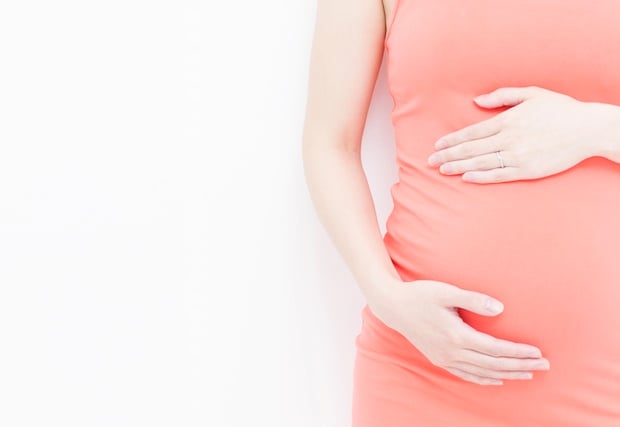For decades, there’s been talk about whether there is a best time of year to have a baby. Now, researchers have determined that there is in fact a relationship between the month of conception and a newborn’s health.
Sorry, winter babies. The study, conducted by a team of Princeton University researchers, found that the unhealthiest babies were conceived in May and thus born in February. They were 10 percent more likely to to be premature and underweight.
To control for other variables, such as socioeconomic status, researchers Janet Currie and Hannes Schwandt followed the same mothers at different times, resulting in a sample of 1,435,213 children. They also focused on month of conception versus month of birth.
Their findings showed that there is a strong seasonal correlation between influenza and gestation length. Babies conceived in May are born at the peak of the flu season in late January and early February. These babies are more likely to weigh ten grams less than newborns conceived in the second half of the year. “This finding proves the strongest evidence to date that seasonal influenza might be the driver of seasonality in gestation length,” they wrote. In addition, premature babies could experience certain developmental delays.
The healthiest babies are conceived in the summer months beginning in June, during which average birth weight increases by more than 20 grams. Mothers gained almost one pound more when they conceived in June, July, and August, “suggesting that gains in birth weight are driven, in part, by higher maternal weight gain during pregnancy,” they wrote.
The findings suggest that there is more incentive for mothers to receive flu shots to fight premature births and promote nutrition for better birth outcomes.
The full study was published in the Proceedings of the National Academy of Sciences.


















